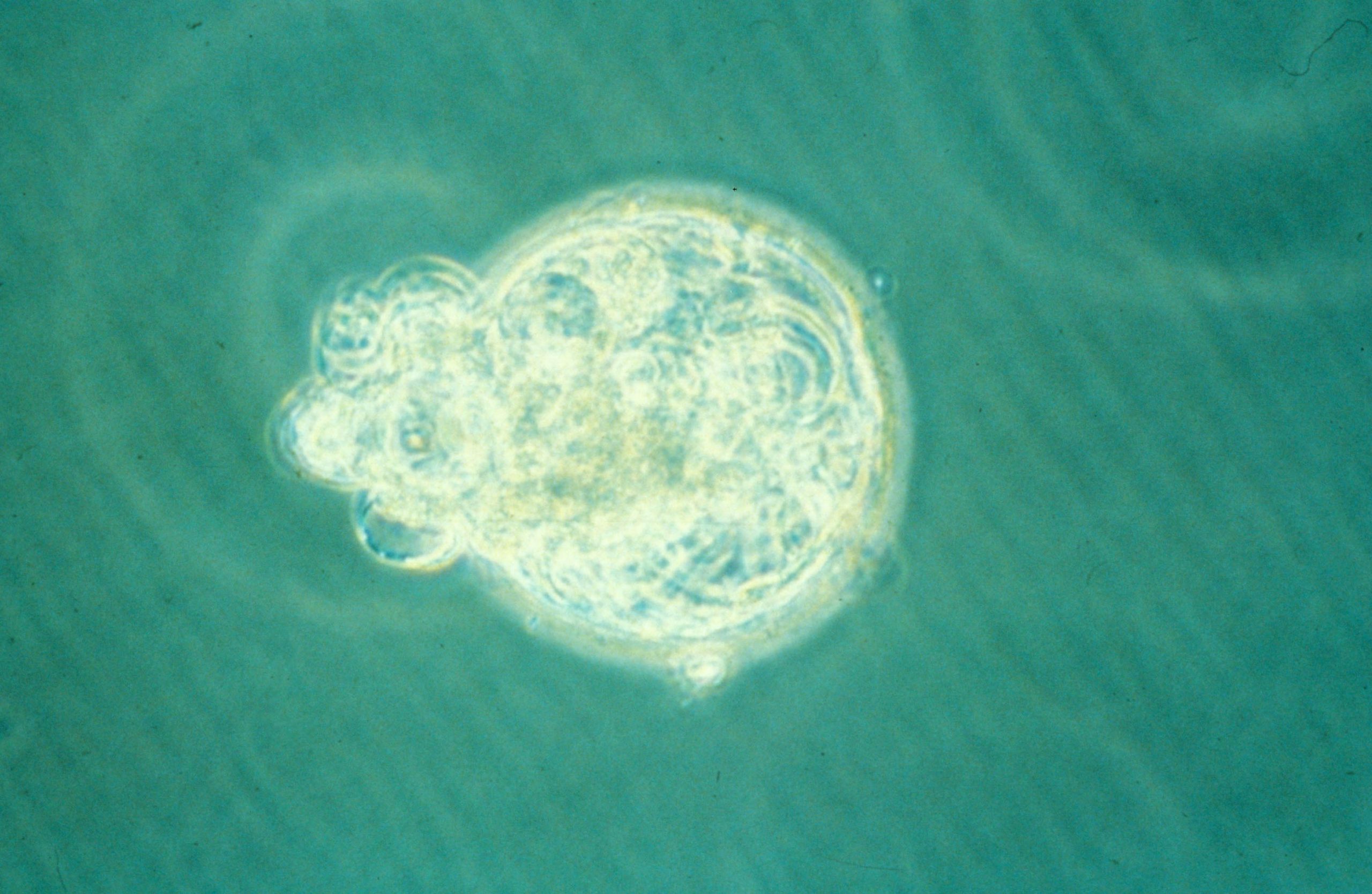Chinese research announcements often trigger heated debates as evidenced with the recent reports by Xu Xiaochun, scientist and Chinese entrepreneur, who wants to build “the world’s biggest commercial animal cloning centre”, and the Sun Ya Tsen University Laboratory in April 2015 on confirming that it had genetically handled human embryos using the CRISPR-Cas9 technique.
According to Xu Xiaochun, “since values are changing, he would not rule out that, one day, perceptions of human cloning could change”. As for scientists at Sun Ya Tsen, their experiment was approved by the Faculty Ethics Committee. Conducting a review in the light of the controversy, the committee concluded that “procedures were followed and the experiment was legitimate”.
Zhai Xiaomei, Professor and Member of the National Medical Ethics Committee explained that “Embryo experiments are authorised in China but within a very rigid framework. The embryo must not be more than fourteen days old. It should not have been produced for research and, above all, must not be implanted for reproductive purposes. Furthermore, it must be destroyed on completion of the research”. She stressed the fact that, in China, “there is really no debate about experiments involving embryos”. Based on the doctrine according to Confucius, “birth heralds the beginning of life”, and “The Chinese only consider a human being as a real person following birth”.
However, this belief is not shared by all Chinese scientists: Zhang Xinqing of the National Medical Ethics Committee challenges the purpose of these trials which are “opening Pandora’s Box”. A group of Beijing scientists working under the supervision of Rao Yi also decry “the Chinese tendency to want to move too quickly”. They “refer to an atmosphere of competition exacerbated by their country’s huge investments in hard sciences with expectations surrounding results”.

